Are advances in facial recognition software a boon or a bane to mankind? Adarsh explores this very topic in detail.
What is Facial Recognition?
Facial recognition is a tool to identify or confirm an individual’s identity in a photograph, video footage or in real time. Like voice recognition, fingerprint recognition and iris recognition, facial recognition is also a type of biometric software.
It marks out an individual’s facial features mathematically and stores the data as a faceprint. Deep learning algorithms are then employed to compare a digital image or live footage with the stored faceprint to verify a person’s identity.
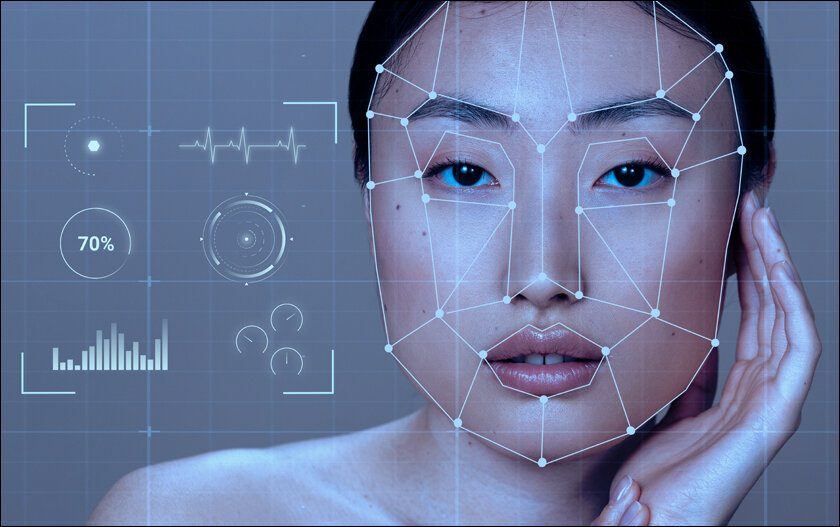
How Facial Recognition works
The facial recognition software identifies 80 nodal markers on a person’s face. Nodal points are endpoints that are used to measure variables of a person’s face. This includes the length or width of the nose, the depth of the eye sockets and the shape of the cheekbones.
The system captures data from these nodal points on a digital image of a person’s face and stores this data as a faceprint. The faceprint is then used to capture similar data from a video or photo.
When conditions are favourable, facial recognition software can confirm an individual’s identity even with just 80 nodal points. But if the conditions are not favourable, for instance, if a portion of the face is covered or if the image is blurred, the software is a lot less accurate. But as far as the National Institute of Standards and Technology (NIST) is concerned, the incidence of false positives in facial recognition systems has been reduced by half every two years since 1993.
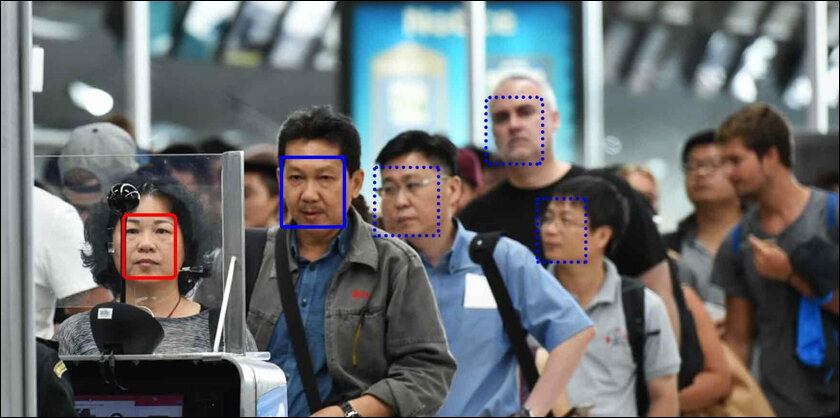
Where is Facial Recognition used?
From security to advertising, facial recognition software is used in a host of places. Here are some prime examples:
- Mobile phone manufacturers, such as Apple for consumer security.
- Airports in certain countries use it to identify individuals who may overstay their visas.
- Law enforcement through collecting mugshots to compare against databases from local, state and federal resources.
- Social media, such as Facebook, to tag individuals in photographs.
- Business security, as businesses can use facial recognition for entry to their buildings.
- Marketing, where marketers can use facial recognition to determine age, gender and ethnicity to target specific audiences.
Benefits of Facial Recognition
There are several potential benefits to using facial recognition software. Here are the main ones:
- Using FR removes the need to physically contact a device for authentication – compared to other contact-based biometric authentication techniques such as fingerprint scanners, which may not work properly if there is dirt on a person’s hand
- Usage of FR highly improved level of security.
- It involves less processing compared to other biometric authentication techniques.
- It is easy to integrate into existing security features.
- The accuracy of FR readings has improved over time and can be used to help automate authentication.
Uses & Benefits of Facial Recognition
Ethical Issues of Facial Recognition
Despite all the benefits and advantages of facial recognition, there are some ethical implications as well. Here are the main ones:
1. Racial Bias due to Testing Inaccuracies
As of 2023, facial recognition algorithms ensure classification accuracy of over 90% but these results are not universal. It is very disconcerting that errors detected in the face recognition system were more common on dark-skinned faces but there were fewer errors when it came to matching light-skinned faces.
A study by NSIT also showed that facial recognition technologies showed racial bias toward women of color. The study concluded that even the best facial recognition algorithms studied couldn’t correctly identify a mask-wearing person nearly 50% of the time.
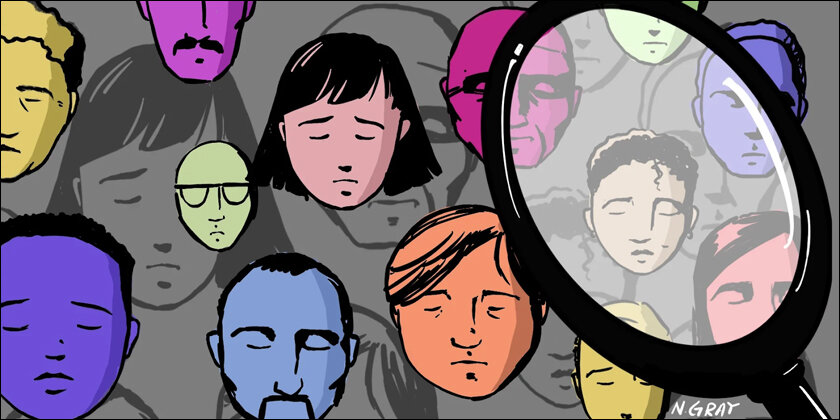
2. Racial Discrimination in Law Enforcement
A 2019 report shared by the United States Federal government confirmed discrimination issues in its facial recognition algorithms. Its system seemed to work effectively for the faces of middle-aged white males but poorly for people of color, the elderly, women, and children. These racially-biased, error-prone algorithms can cause all sorts of problems, including wrongful arrests, lengthy incarcerations and even police violence.
Another report by G2 claimed that 35% of facial recognition errors happen when identifying women of color, compared to 1% for white males. Clearly, this is an issue that needs to be addressed at the earliest.
3. Data Privacy
Since there is no clarity about how data is collected and stored, privacy is another alarming issue. Facial recognition infringes on citizens’ inherent right to be under constant government surveillance and keep their images without consent.
In several countries, especially in Europe and the USA, law enforcement agencies use facial recognition technology to monitor, scan and track citizens without their knowledge citing reasons of public safety and security. This has sparked numerous protests calling for stricter regulations to give citizens more control over participation and transparency around storage and governance.
4. Data Breaches
Data breaches have raised serious privacy concerns for both the public and the government. While security breaches are a major concern for citizens, the development of this technology has led to advances in cybersecurity and increased use of cloud-based storage.
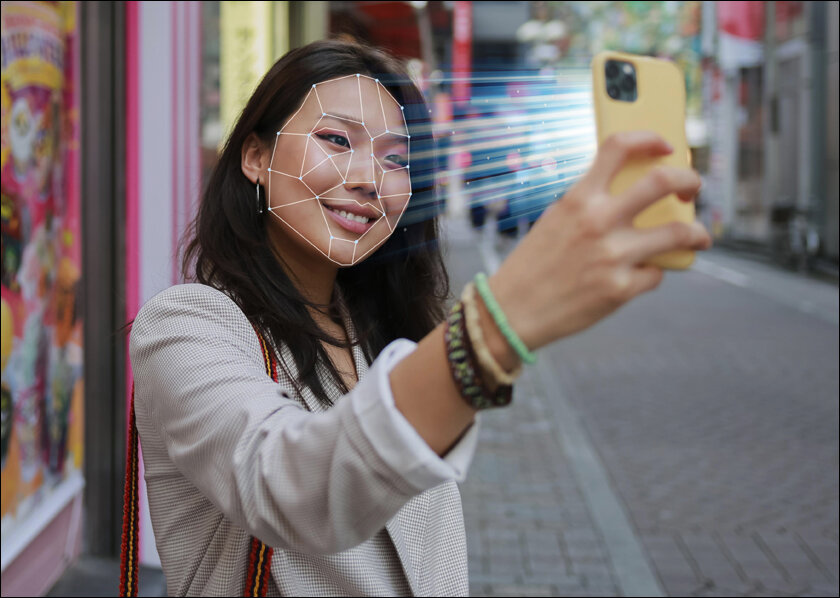
Hopefully, with the added layer of security like encryption, data stored on the cloud can be protected from malicious use.
The Last Word
Like it or not, facial recognition is here to stay. The technology has infinite potential for various applications in real-world needs. However, addressing this technology’s ethical concerns is vital to make it a boon to humanity.
What are your thoughts on Facial Recognition? Let us know in the comments section.
In case you missed:
- How to spot a Deepfake Video
- Why is Indian Education Sector facing Record Number of Cyberattacks?
- 12 Ways to Protect Yourself from UPI Fraud
- Presenting Wiz: Google’s $32 Billion Push on Cybersecurity
- Cloudflare’s One-Click Solution for Image Verification
- How Meta AI stopped Lucknow Woman from committing Suicide
- New Year, New Scam: All You Need to Know About Brushing
- Active Listening Feature on Phones raises Privacy Concerns
- 7 Online Scams to be Wary of in India
- How Accurate are AI Web Searches?



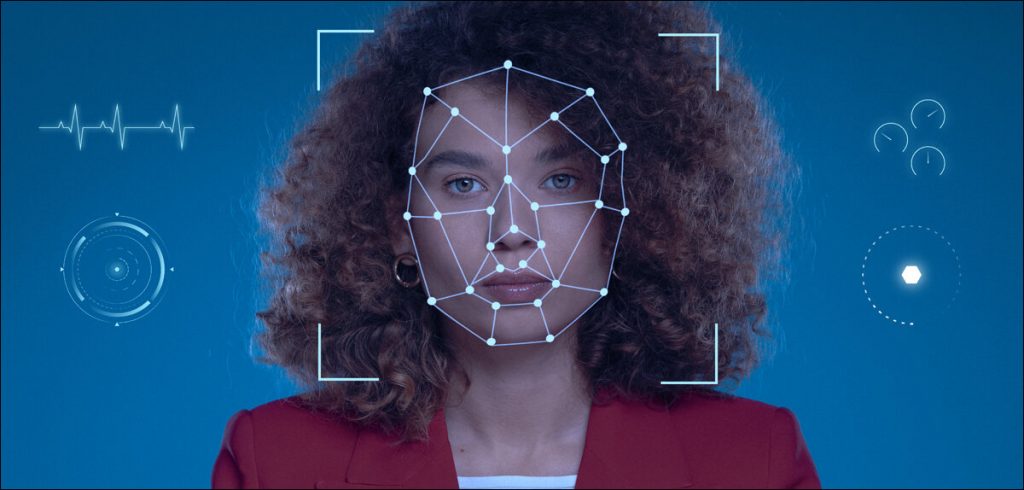



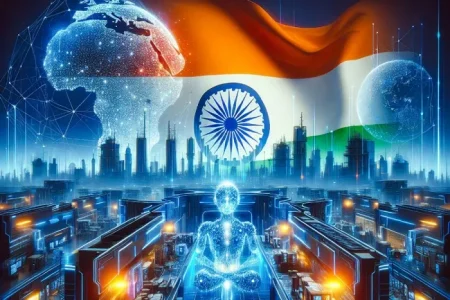
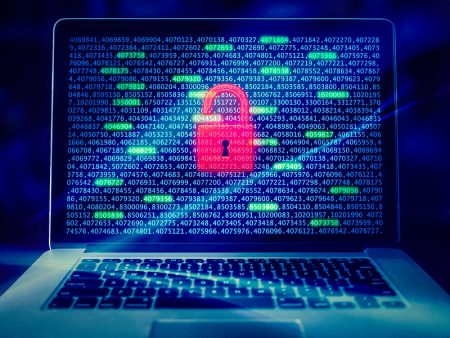
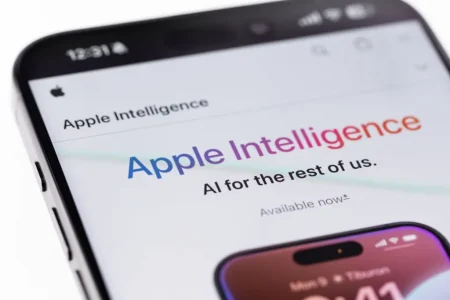
1 Comment
“The Pros & Cons of Facial Recognition” article provided a balanced view of the technology’s benefits and drawbacks. While it offers convenience and enhanced security, concerns about privacy and potential misuse must not be ignored. This article underscores the importance of carefully weighing the advantages and disadvantages when considering the adoption of facial recognition systems.